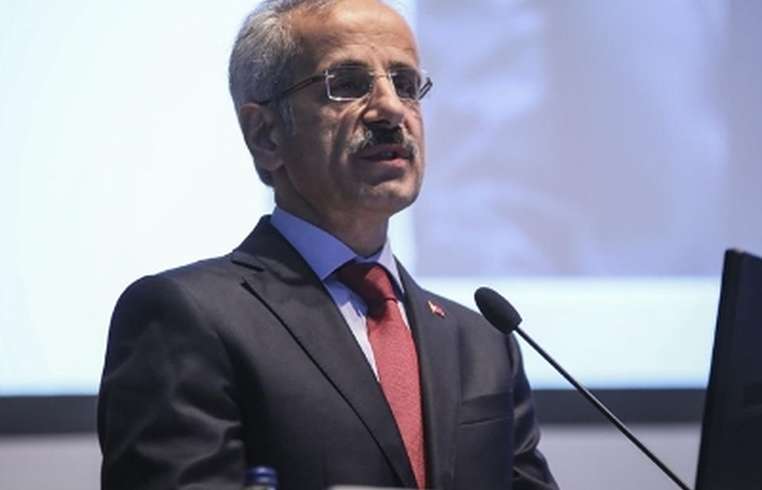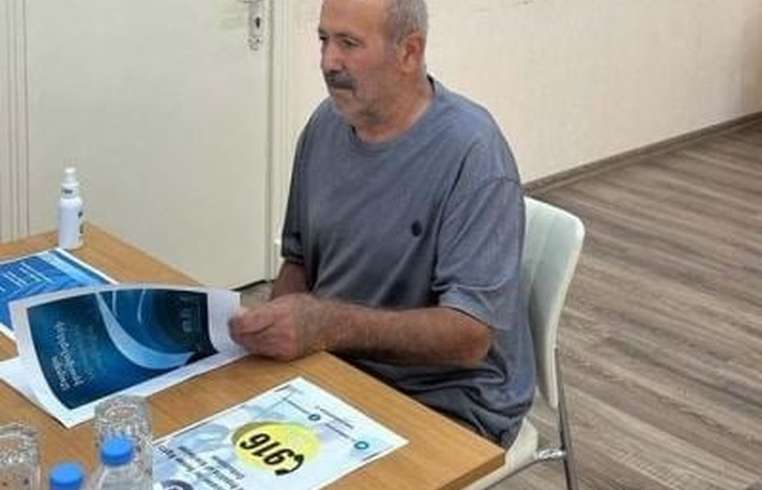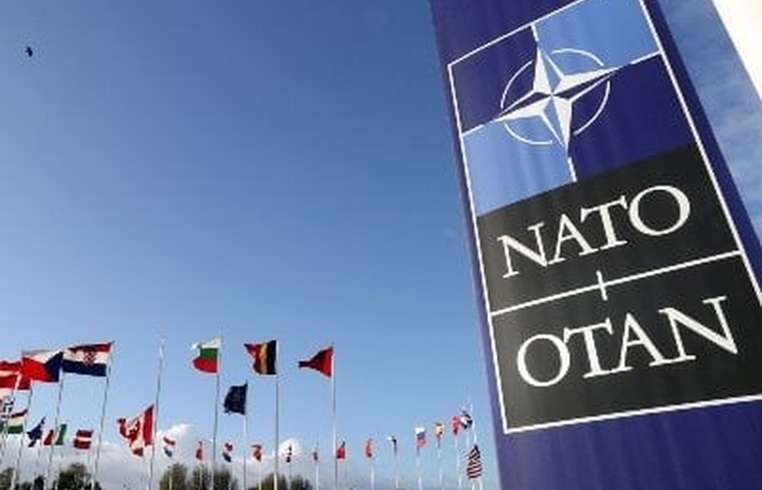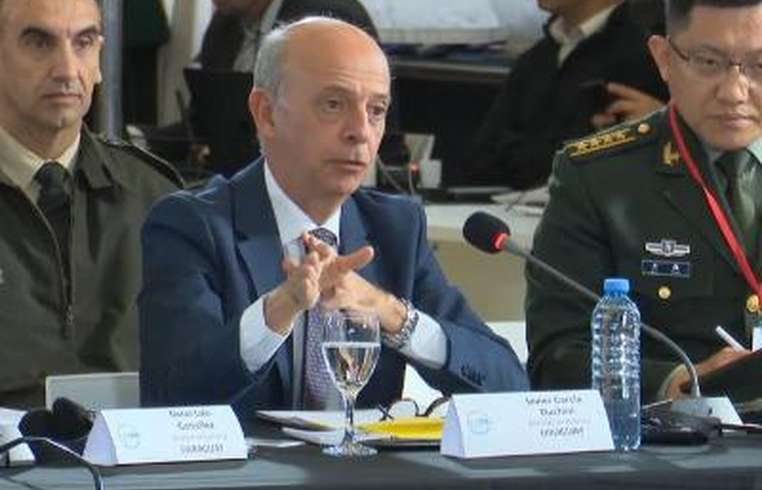
News - Dmitri Trenin: In Karabakh conflict situation CSTO showed its weaknesses characteristic of that organization
Business Strategy
Dmitri Trenin: In Karabakh conflict situation CSTO showed its weaknesses characteristic of that organization
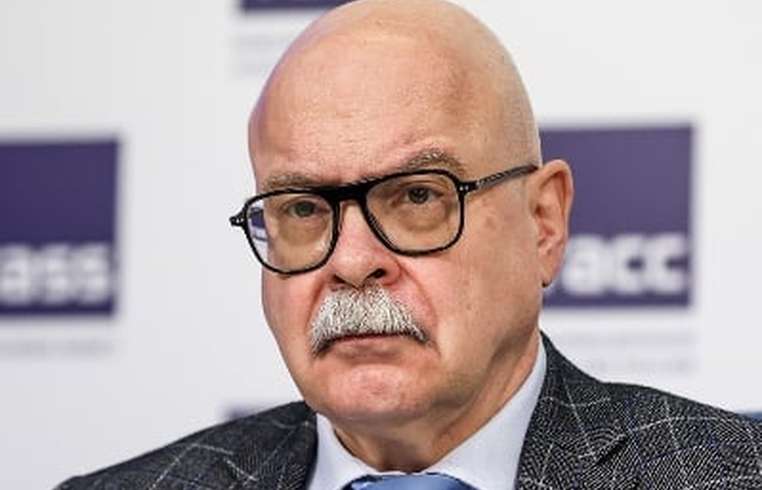
In the situation of the Nagorno-Karabakh conflict, the CSTO showed its internal weaknesses and uncertainties, which once served in favor of the existence of that organization, but then, when the situation escalated, appeared "with all their brilliance." Analyst Dmitri Trenin, Academic Director of the Institute of Military Economics and Strategy of the Higher School of Economics in Moscow, stated this during a discussion on Wednesday. Trenin added that Russia does not impose its point of view within the framework of the CSTO. According to him, the other CSTO countries take a neutral position on the most important Ukrainian issue for Russia. He emphasized that from the beginning, many people perceived the CSTO as either a variant of the Warsaw Pact or a response to NATO, but in fact it is not a very well-studied organization. "This is not a union, this is not an alliance, but a politico-military association, with protocols on many issues that are not clearly defined. This was a plus when the ‘weather’ was ‘good;’ but when the ‘weather’ turned terrible, that ‘good’ became ‘not so good.’ If we talk seriously, Russia's only ally in the politico-military sphere is Belarus, although officially all CSTO countries are considered allies. The position of other [CSTO] countries is a multi-vector position of varying degrees," the analyst concluded. To note, Armenia also is a member in the CSTO.


